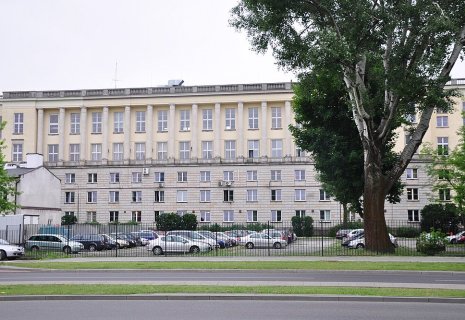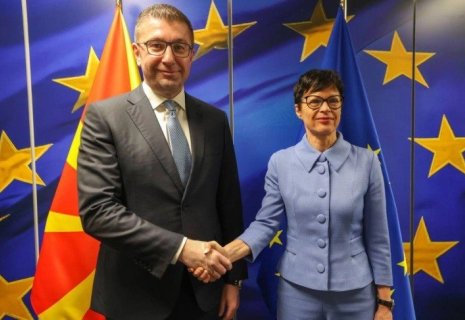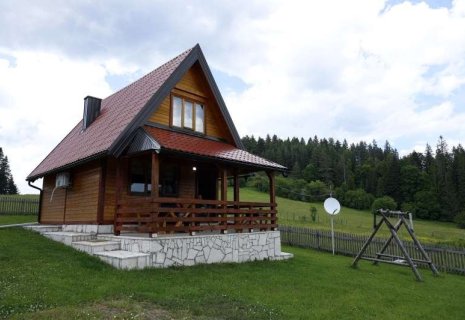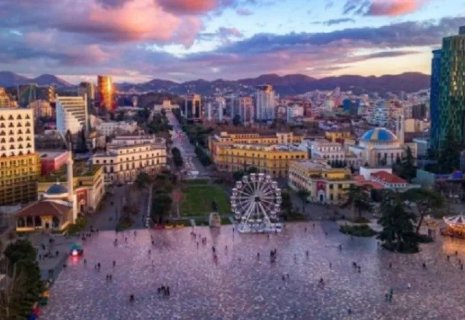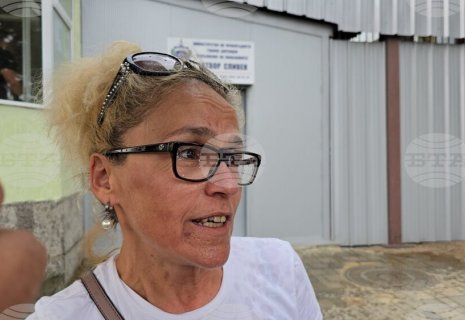
Italy-Albania pension deal unlocks payments for 500,000+ citizens
The agreement on mutual recognition of pension contributions between Albania and Italy is expected to enter into force and begin implementation in June. More than 500,000 Albanians and a significant number of Italian citizens are expected to benefit from the agreement.
In an interview with ATSH, Tresjana Elmazi, a representative of UIM Albania, said the agreement benefits all individuals who have paid social insurance contributions both in Albania and Italy, CE Report quotes ATA.
“The Italy-Albania pension agreement is intended for all citizens who have lived in Italy, whether they returned or are still there. If they don’t have the required years to qualify for a minimum pension in either country (20 years in Italy, 15 in Albania), they can combine their work periods in both countries to qualify for what's called 'prorata' — a method of calculating contributions from both countries. For example, if someone worked 10 years in Albania and 10 years in Italy, those years are added together, and the pension is calculated proportionally based on the contributions in each country,” Elmazi explained.
She added that the agreement is expected to come into force one month after the exchange of ratification documents between the two countries, starting in June.
According to her, “for the Italian pension, we have direct access to the Italian Social Security Institute (INPS) to extract and verify the contributions paid in Italy. For the Albanian side, we can access the e-Albania platform to verify records. We handle both processes.”
“The required documents for Italy include any Italian documents, such as residence permits (‘permesso di soggiorno’), especially since Italy has digitalized contributions from 2012 onward. Our office, as a social consultancy (patronato), can access the system using the fiscal code (equivalent to a personal ID number) to verify work years. For Albania, the work booklet or any other documentation confirming work experience is needed. Especially for periods before 2012, documents are required for the e-Albania verification process,” she noted.
Elmazi also mentioned the growing public interest:
“Many citizens have shown interest. The demand is high, and we are ready to assist, particularly older citizens who find digital processes challenging.”
She added that initially, two pensions will be received:
“The Italian INPS will transfer its portion directly to the individual’s bank account, while the Albanian ISSH will send theirs separately. If someone lives in Albania and is already receiving a pension there, they can also apply for the Italian pension, which will arrive as a separate bank transfer.”
The Italian pension, she clarified, will not be merged with the Albanian pension:
“Each will be calculated separately. The same applies to those living in Italy — once the application is submitted, the applicant will provide their bank details, and the INPS or ISSH will deposit the pension monthly.”
“At this stage, applications cannot begin because the agreement hasn’t entered into force yet. Once it does, INPS will open a dedicated section for this agreement — which technically already exists but will become fully functional when the agreement becomes active,” she added.
“Italy has a non-taxable pension threshold, which will be determined based on the final pension amount. Our patronato office does not charge any fees for the Albanian or Italian pension processes — all services, from start to finish, including application and documentation, are free,” Elmazi emphasized.
“For those living in Italy who have SPID (digital ID access to Italian services), it's easier to apply. Albanians who have returned might face difficulties due to long time gaps or only having a residence permit. We assist them in such cases — they should not worry. We have a main office in Tirana and other branches in cities like Durrës, Vlorë, and Lezhë where citizens can seek help or information.”
Elmazi also pointed out that many Italian citizens come to Albania because pensions are not taxed here.
“They come to Albania because they receive high pensions in Italy, and taxes there are heavy. Here, they go through the tax exemption process, which we help with. If they move their residence from Italy to Albania, we manage the whole procedure for them.”
At the end of the interview, Elmazi shared a message for citizens:
“I urge everyone to start verifying their work years now because the time is short, demand is high, and it would be better to be prepared. Once the agreement enters into force, those with ready documentation will avoid delays. Especially for years worked before 1994 up to 2012, both e-Albania and INPS require time for verification — so being prepared is essential.”
Italy’s legislation regulates so-called “patronato institutions,” which provide citizens with social services. ITAL – Institute for the Protection and Assistance of Workers – was founded by the Italian Labour Union (UIL) and has operated for 70 years in Italy and abroad, serving workers, pensioners, youth, the unemployed, and migrants.
The activities of patronati are monitored and financed by the Italian Ministry of Labour. ITAL has about 1,600 offices and contact points in Italy and worldwide. Under the UIM (Union of Italians in the World) banner, ITAL has recently opened a presence in Albania — UIM Albania.

